Iran FM says Tehran perfectly serious in Vienna talks, urges US, Europe to act constructively
Iran’s foreign minister says the rapid progress of multilateral negotiations aimed at removing US sanctions requires a “constructive approach” on the part of the European and American sides, stressing that Tehran is perfectly serious in the talks.
“The rapid progress of the talks requires that the European and American sides take a realistic and constructive approach and avoid excessive demands,” Hossein Amir-Abdollahian said on Saturday.
He made the remarks in a phone conversation with his Russian counterpart, Sergei Lavrov, as the two sides discussed the future negotiations aimed at sanctions removal and full compliance with the deal, which was unilaterally left by the US in 2018.
Amir-Abdollahian underlined that the US, which wants to return to the nuclear deal, and the three European parties to the agreement – France, Britain, and Germany – need to avoid bringing up demands beyond the accord, officially called the Joint Comprehensive Plan of Action (JCPOA), during the high-profile negotiations.
Iran will pursue its demands vigorously in future talks, he said, according to a readout of the conversation published by Iran’s Foreign Ministry.
However, he made it clear that the Islamic Republic of Iran is perfectly serious in the talks while taking into account the course of the negotiations up until now.
“There should be no doubt about the seriousness of the Islamic Republic of Iran in the talks and the need for all parties to return to their commitments,” Amir-Abdollahian emphasized.
Iran and the remaining parties to the JCPOA – France, Britain, Germany, Russia, and China – began negotiations earlier this year, after the US administration of Joe Biden expressed willingness to rejoin the accord and end the so-called maximum pressure imposed by his predecessor, Donald Trump, on the Iranian nation.
The talks have been stalled since Iran’s presidential election in June. Tehran says the US has to offer guarantees that it will not abandon the JCPOA again in order to ensure the success of the Vienna talks. So far, the Biden administration has failed to offer any assurances.
"The US President, lacking authority, is not ready to give guarantees. If the current state of affairs persists, the result of negotiations is already clear,” Secretary of Iran’s Supreme National Security Council Ali Shamkhani warned in a tweet on Wednesday.
‘Iran caps nuclear work if US keeps nuclear oath’
During the Saturday phone call, the top Iranian diplomat said although Iran doubts the Americans’ intentions, it will fully honor its nuclear undertakings under the JCPOA if Washington returns to full compliance with its commitments and would not make extra demands.
He also thanked Russia for its “constructive” and “positive” stances with regard to the talks.
For his part, Lavrov stressed that all the original parties to the JCPOA, first and foremost the US, need to return to their commitments.
He also pointed out that Moscow has repeatedly underlined the need for the US to end its destructive measures with regard to the JCPOA.
The two ministers also discussed Iran's cooperation with the UN nuclear agency, and exchanged views on a number of bilateral and regional issues, including the situation in Afghanistan.
Earlier in the day, the Russian foreign minister exchanged opinions with his American counterpart, Antony Blinken, on the prospects of resuming full-scale implementation of the deal by all sides.
According to the Russian Foreign Ministry website, the phone conversation was made “on the initiative of the US side.”
Tehran has recently announced that the next round of Vienna talks will be held on November 29.
"In a phone call with [the European Union's deputy foreign policy chief] Enrique Mora, we agreed to start the negotiations aiming at removal of unlawful & inhumane sanctions on 29 November in Vienna," Deputy Foreign Minister Ali Baqeri-Kani tweeted on Wednesday.
Iran’s President Ebrahim Raeisi said on Thursday the Islamic Republic will not leave the negotiating table, but at the same time, it will “resist excessive demands that would lead to violation of the Iranian nation’s interests.”
VIDEO | Kabul residents call for calm as tensions escalate with Pakistan
Iran FM: Success of nuclear talks hinges on ‘seriousness’ of US
Pro-military Israeli journalist detained on suspicion of raping child: Reports
Anthropic resists US War Department push for unrestricted AI access
Iran naval unit returns from drill, cmdr. vows to defend borders to ‘last breath’
VIDEO | Press TV's news headlines
Paris silencing pro-Palestine voices
Iran raises alarm at ‘environmental consequences’ of US militarism


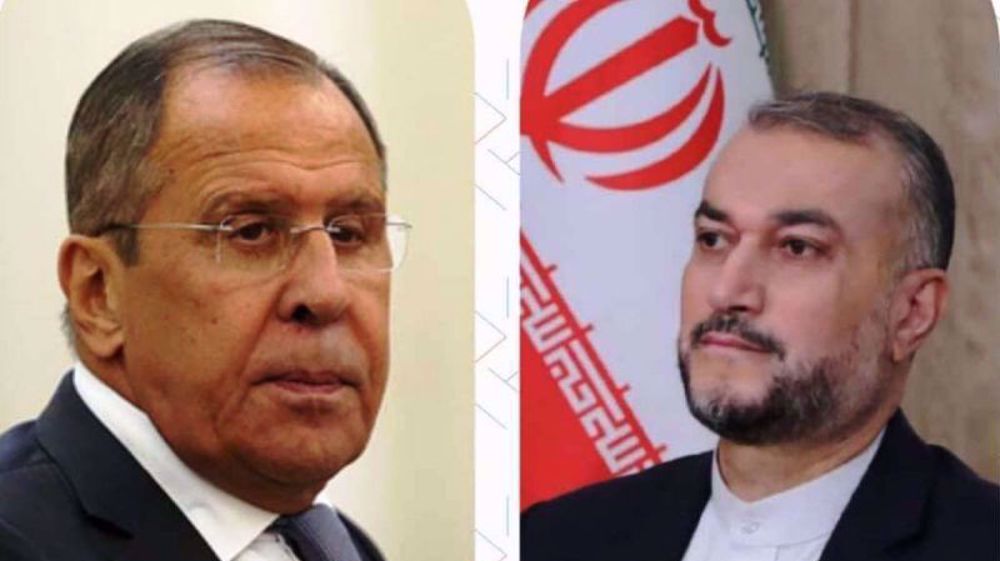
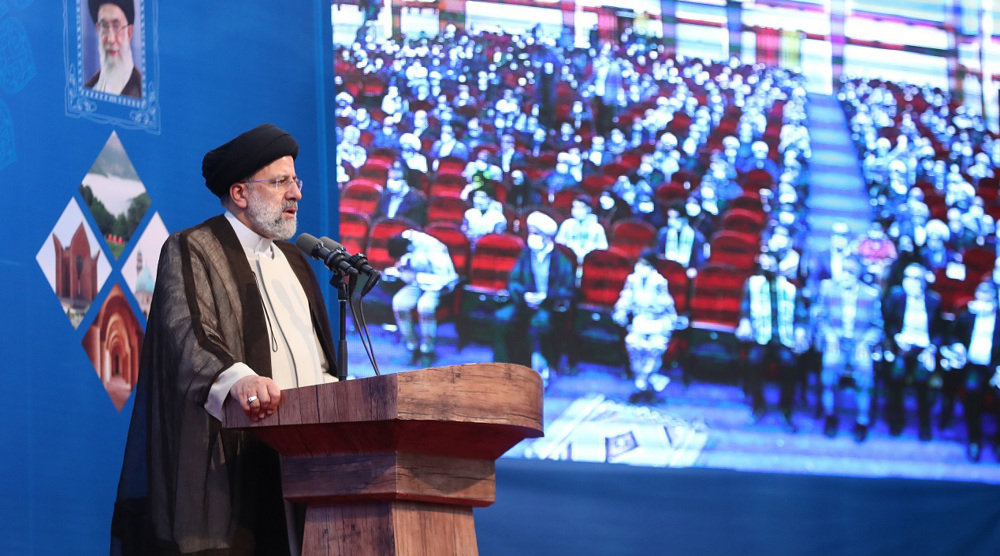
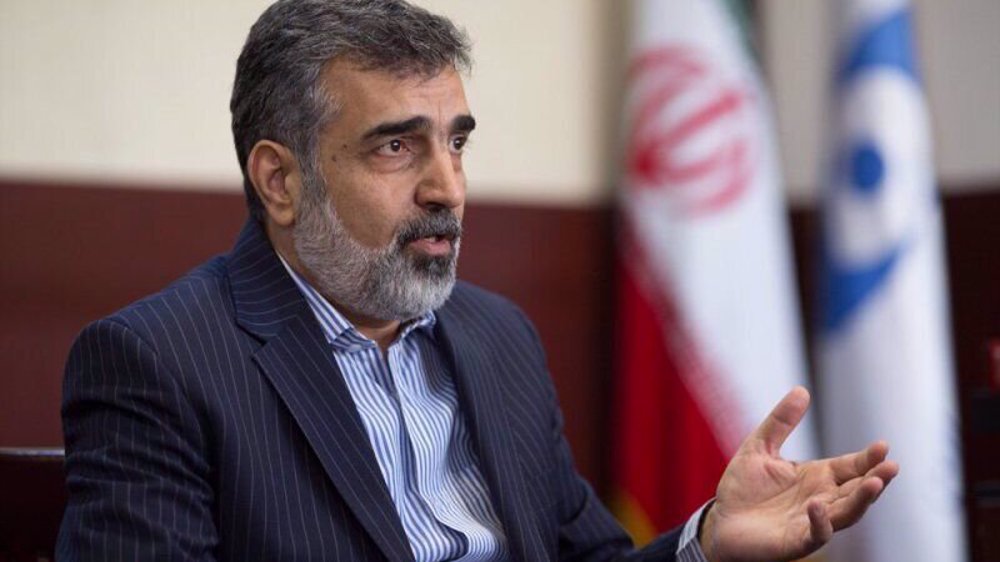
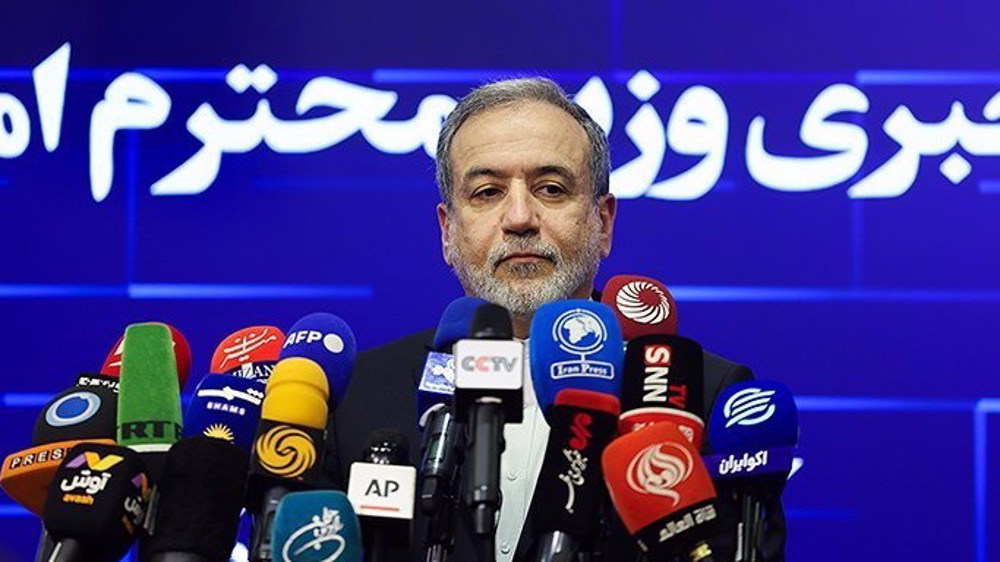
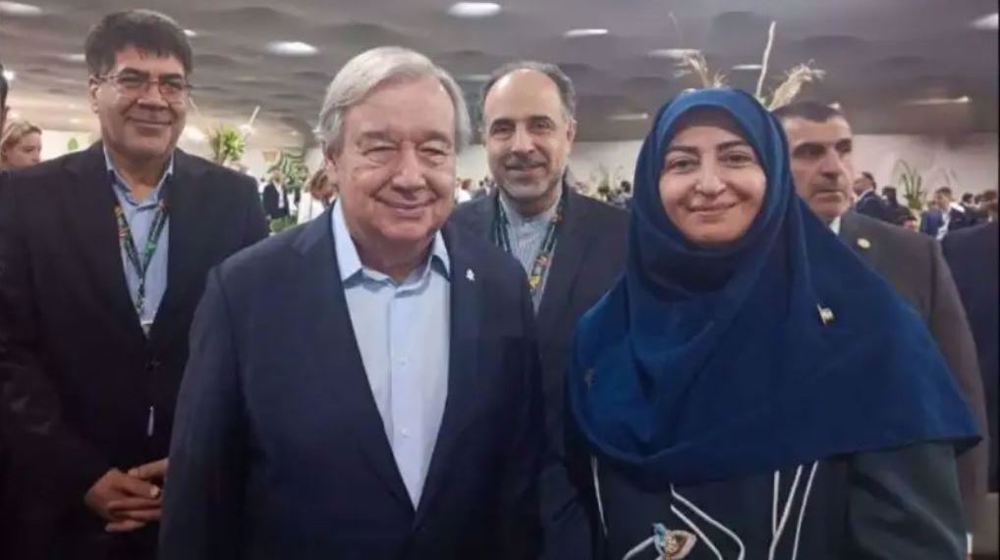
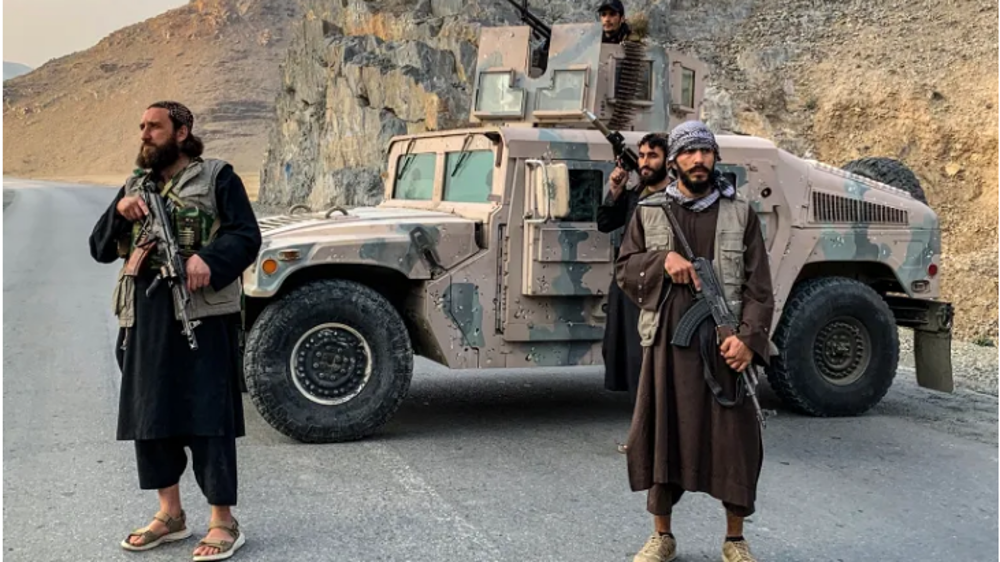



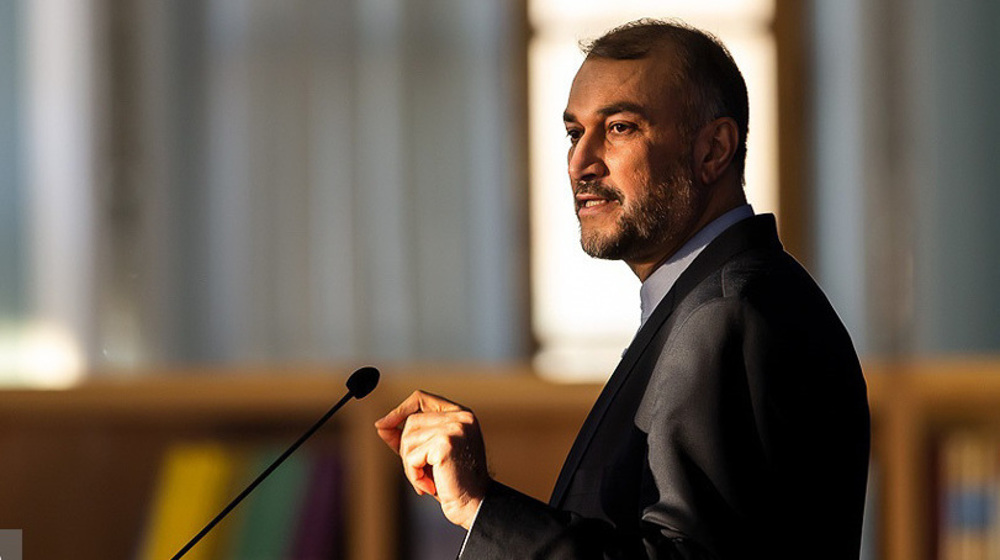
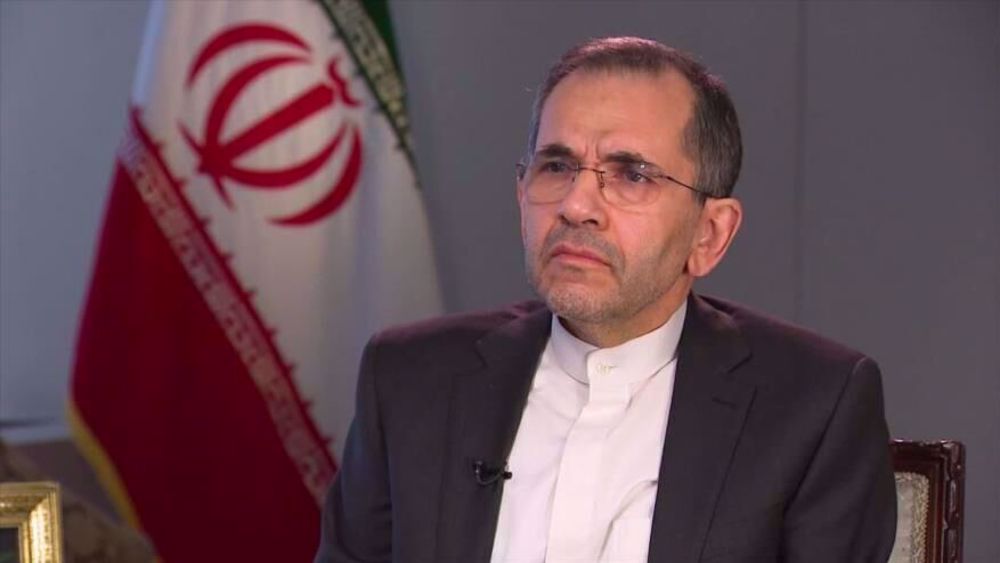
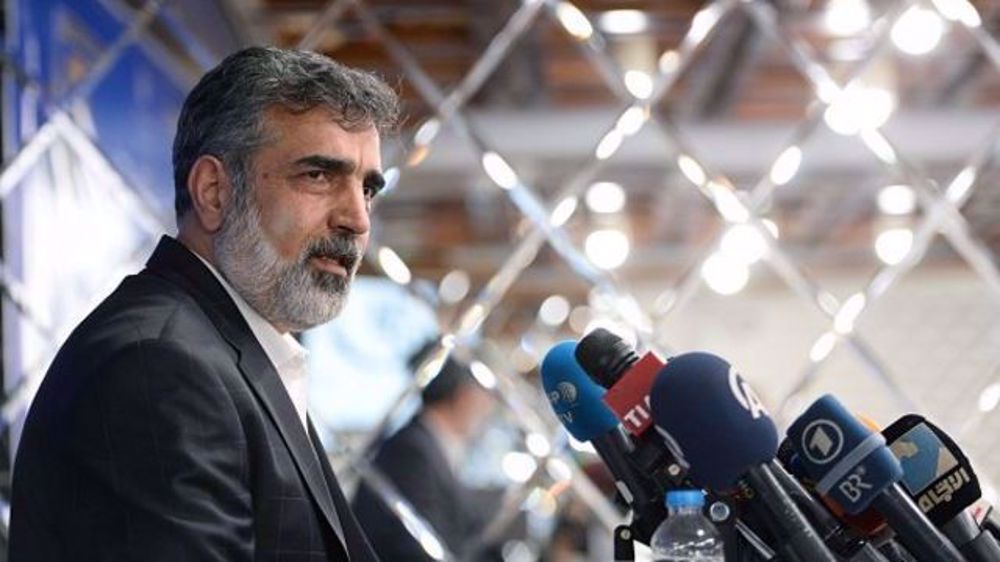
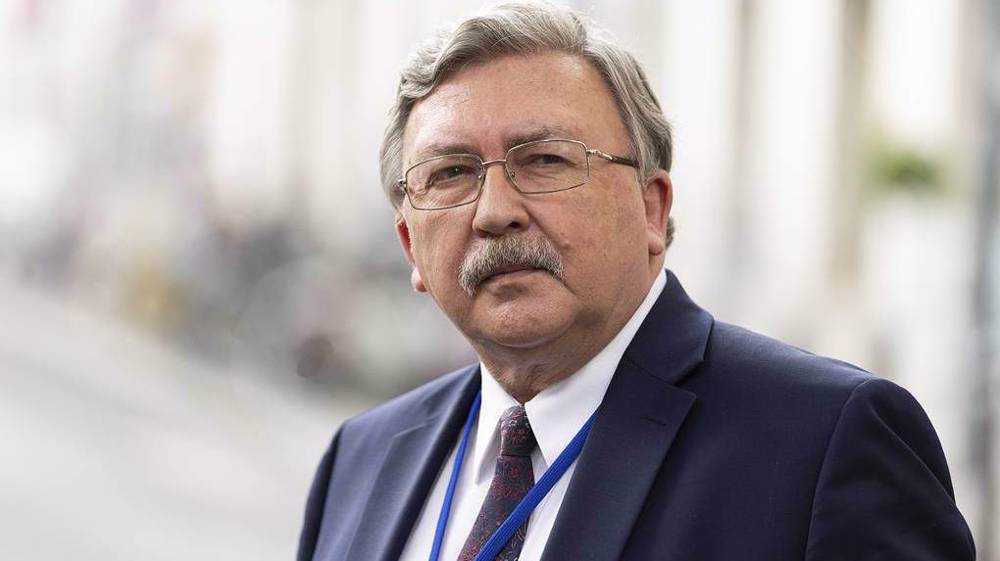

 This makes it easy to access the Press TV website
This makes it easy to access the Press TV website